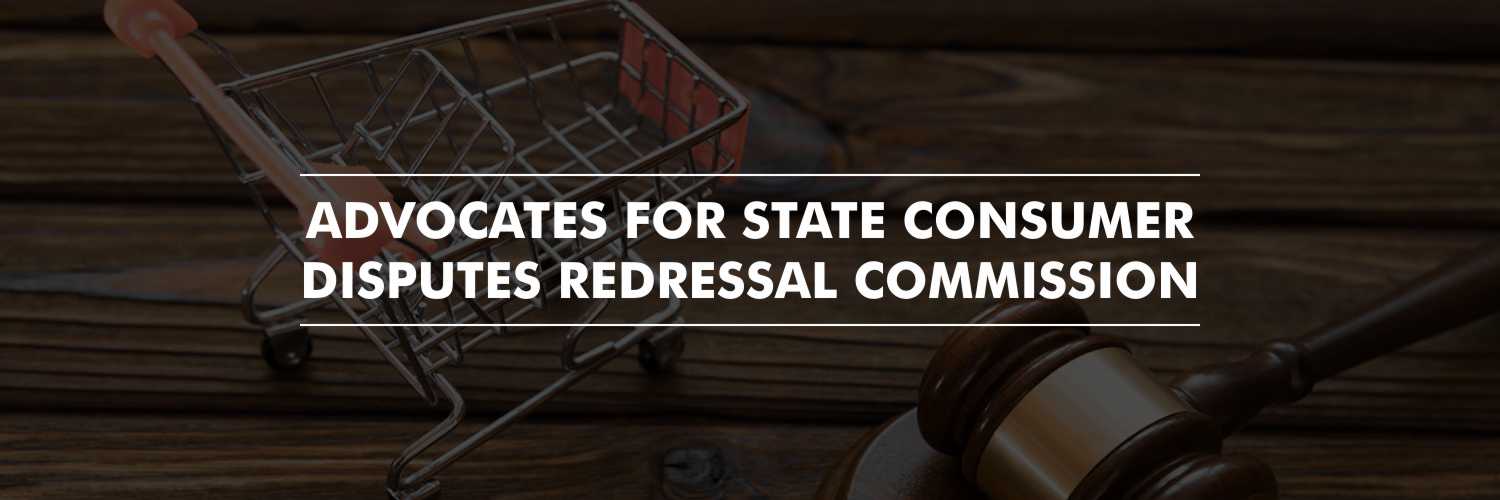WHO IS A CONSUMER?
According to section 2(1)(d) of the Consumer Protection Act, 1986:
“Consumer” means any person who:
- Buys any goods for a consideration which has been paid or promised or partly paid and partly promised, or under any system of deferred payment and includes any user of such goods other than the person who buys such goods for consideration paid or promised or partly paid or partly promised, or under any system of deferred payment, when such use is made with the approval of such person, but does not include a person who obtains such goods for resale or for any commercial purpose; or
- Hires or avails of any services for a consideration which has been paid or promised or partly paid and partly promised, or under any system of deferred payment and includes any beneficiary of such services other than the person who hires or avails of the services for consideration paid or promised, or partly paid and partly promised, or under any system of deferred payment, when such services are availed of with the approval of the first-mentioned person.
OVERVIEW
Consumer refers to the person or any institution who purchases goods or hire services with the purpose to consume. When any person spends money on any goods or services he must expect full satisfaction from the money he spent. It is a true fact that consumer faces various problem in the market such as high prices, poor quality, deficient services, adulteration and many more. To save the consumer from these malpractices government provides certain rights to the consumer which are mentioned in The Consumer Protection Act, 1986. The government enacted this act to save the interest of the consumers.
SIX consumer rights in India, every individual must know:
1. Right to Choose:
Every consumer has a right to choose the product or services of his choice. The seller has no right to force the consumer to buy the particular product of any brand. It is totally upon the consumer that which product is to be purchased or not. There is an interesting fact which most of the consumer don’t know is that consumer can do bargain on the mentioned MRP as this price is fixed by the producer only and there is no interference of government.
2. Right to Safety:
Every consumer has a right to safety against the products which are hazardous to the life or property of the consumer. The government had also fixed certain standards for some products just for the safety purpose of the consumer and if the product fulfills all the necessary requirements then only it will get certification to be sold in the market. Generally, this right is applicable to the food processing and pharmaceutical industry. Sometimes electrical products are also hazardous to human life due to its manufacturing fault, so it is the right of the consumer to get protection from this kind of risk. For example, all the food products should be authorized by the FCCI in India to sale the food product.
3. Right to Seek Redressal:
This right provides that consumer has a right to get compensation or seek redressal against unfair trade practice or restricted trade practices. Compensation may be in the form of money or replacement of the good as per the demand or satisfaction of the customer. There are consumer forums at the district, state, and national levels to deal with the cases of consumer protection.
4. Right to Information:
Every consumer has the right to get informed about all the features of the product or services such as quality, quantity, purity, standard and prices. The main purpose to get information is to save the consumer from unfair trade practices. It is the duty of the seller to provide all the information to the customer.
5. Right to be Heard:
According to the Consumer Protection Act, 1986 every customer has a right to be heard or right to put their complaints and queries against the unfair trade practices in the consumer forum. The consumer forum gives assurance to the customer so as to give justice to the customer. According to this right, it is also mandatory for the companies to have complaint cells so that the company may go through the complaints of the customer.
6. Right to Consumer Education:
The last right states that every consumer has a right to have an education-related to consumer law. It is very difficult for illiterate customers to understand the law and this right is certainly made to make them educated about the rights of the customer. The government has taken many initiatives to educate the citizens about their rights with the help of media and school education.
Conclusion:
To recapitulate, I pen down saying that in our country the above-stated consumer rights play a vital role to protect the consumers from unfair trade practices.








